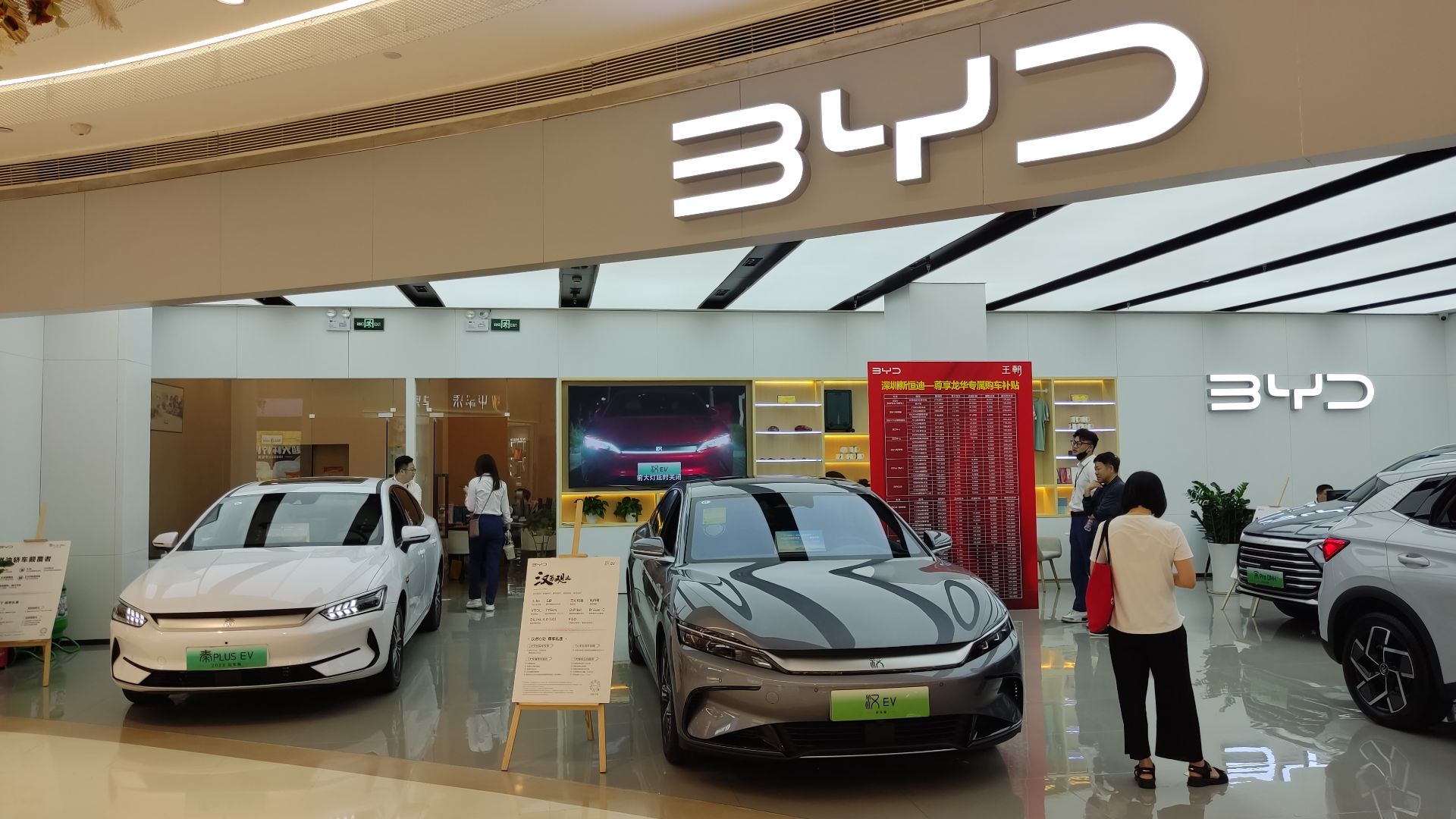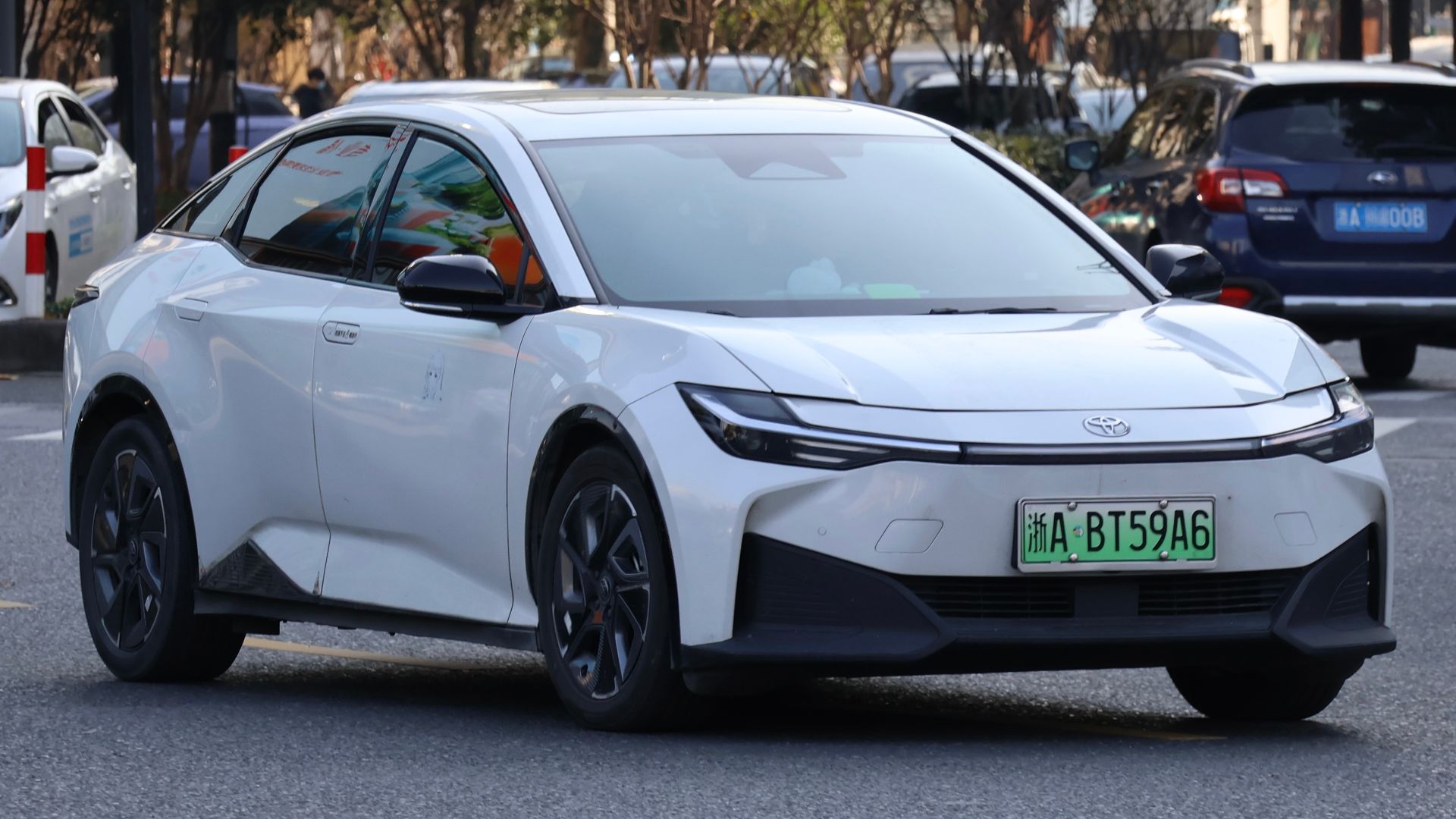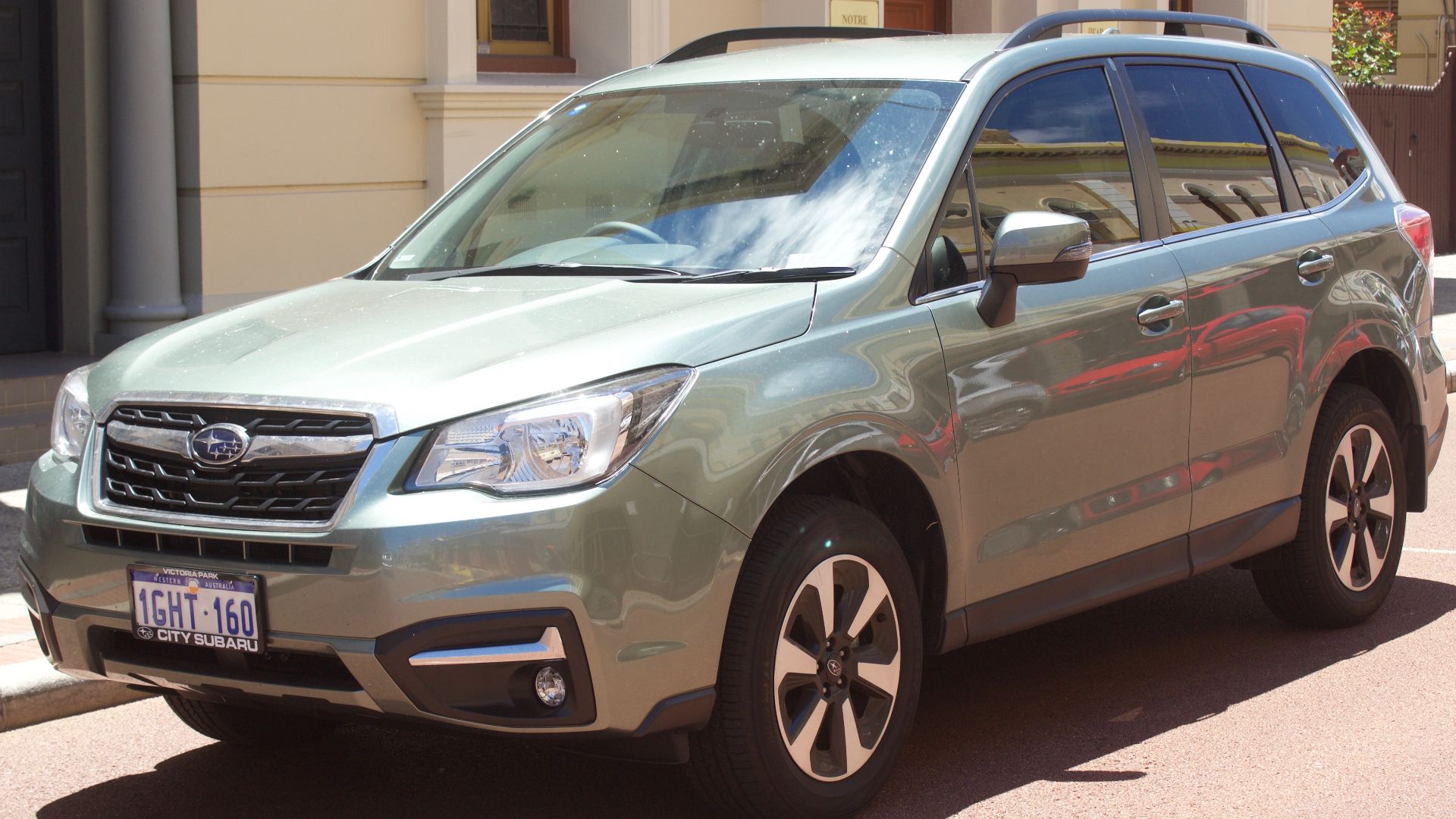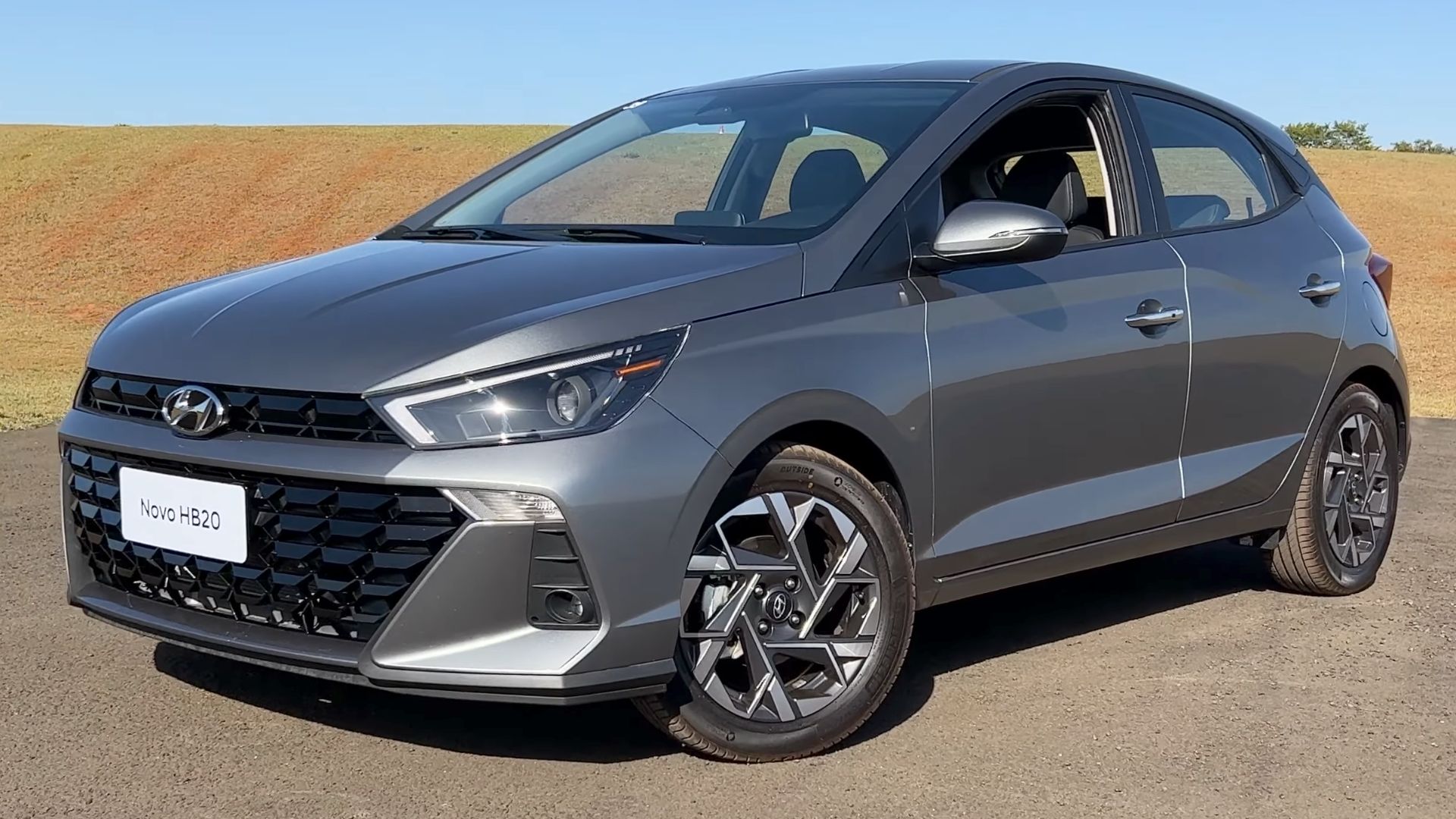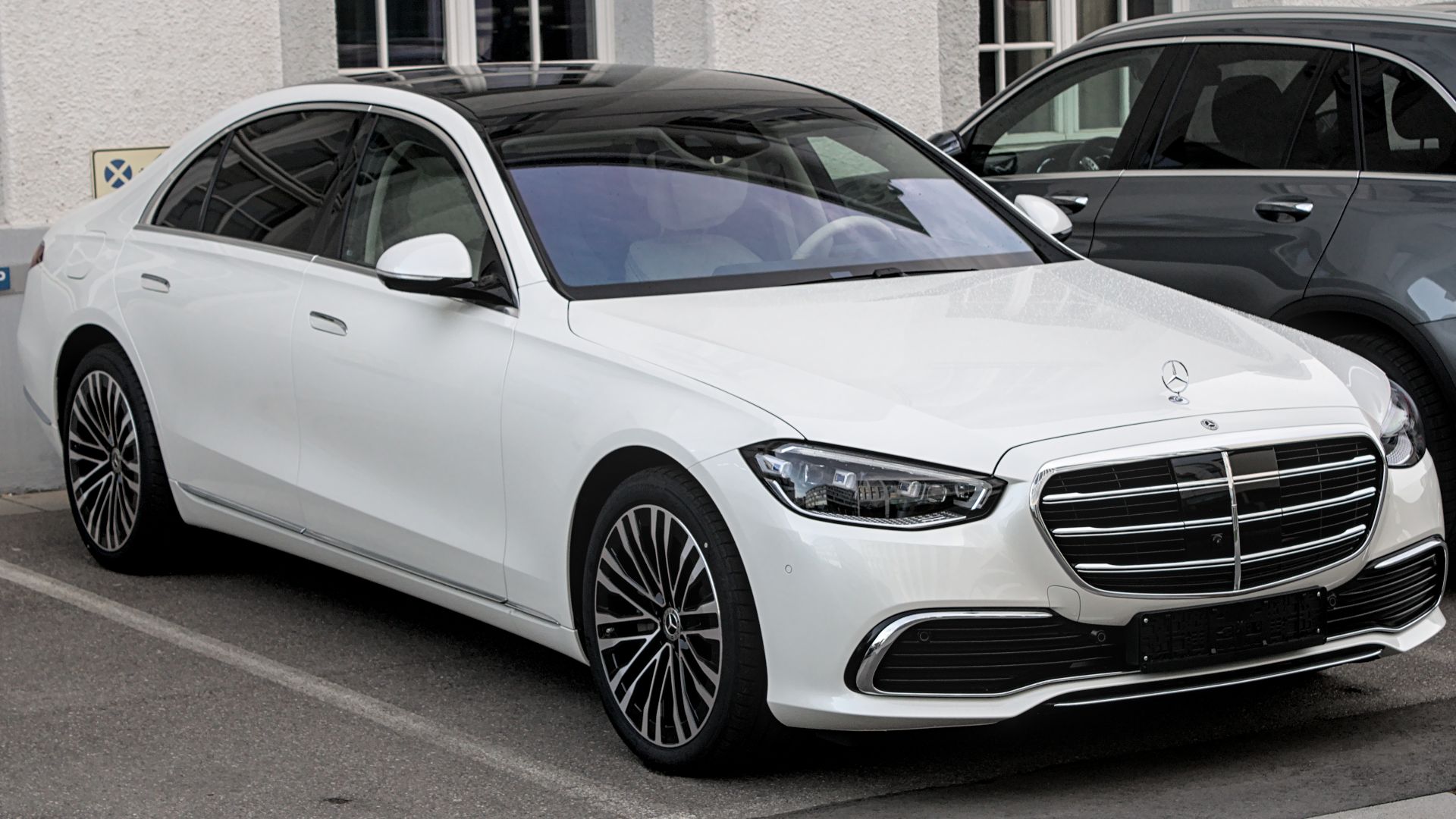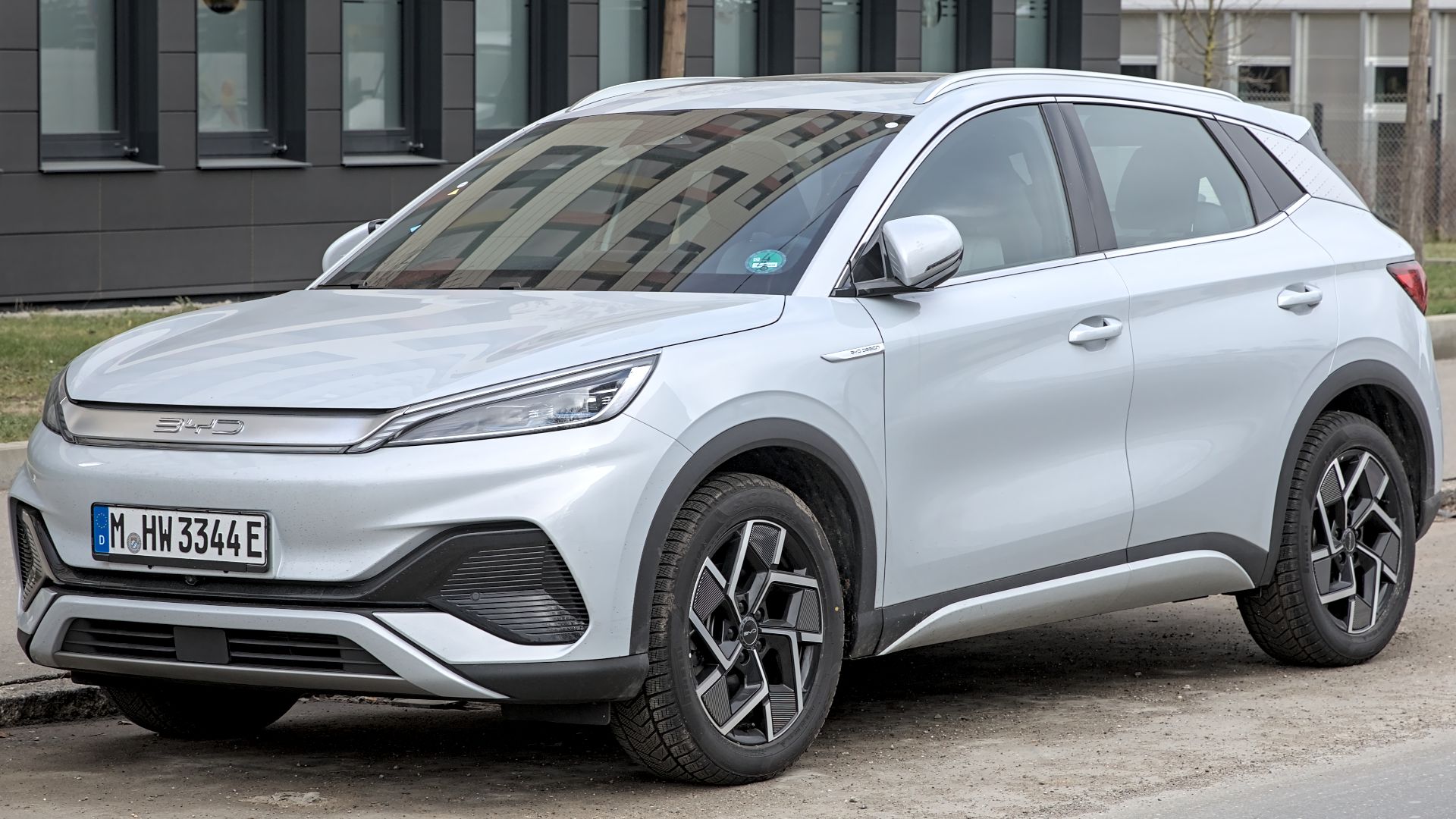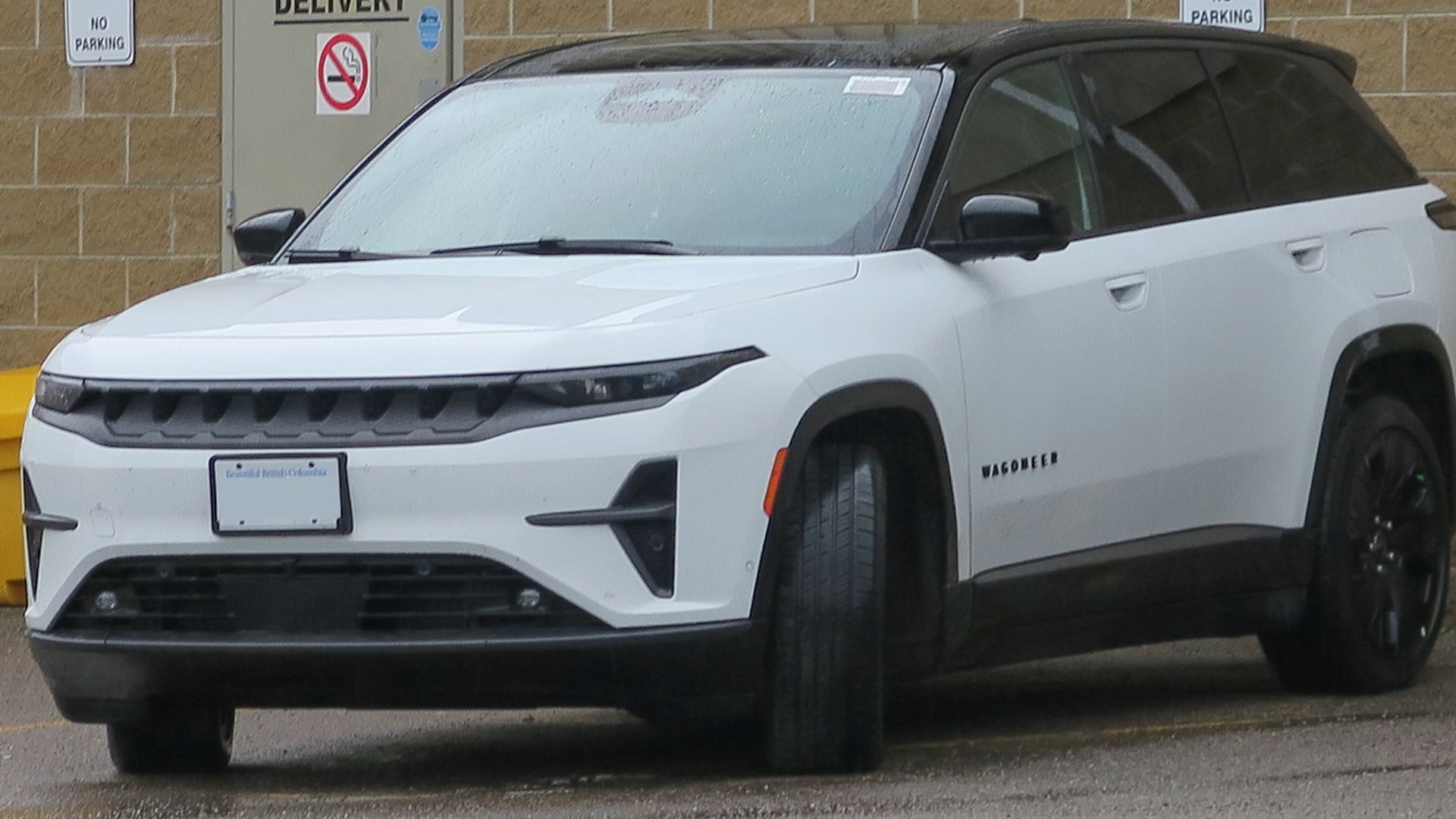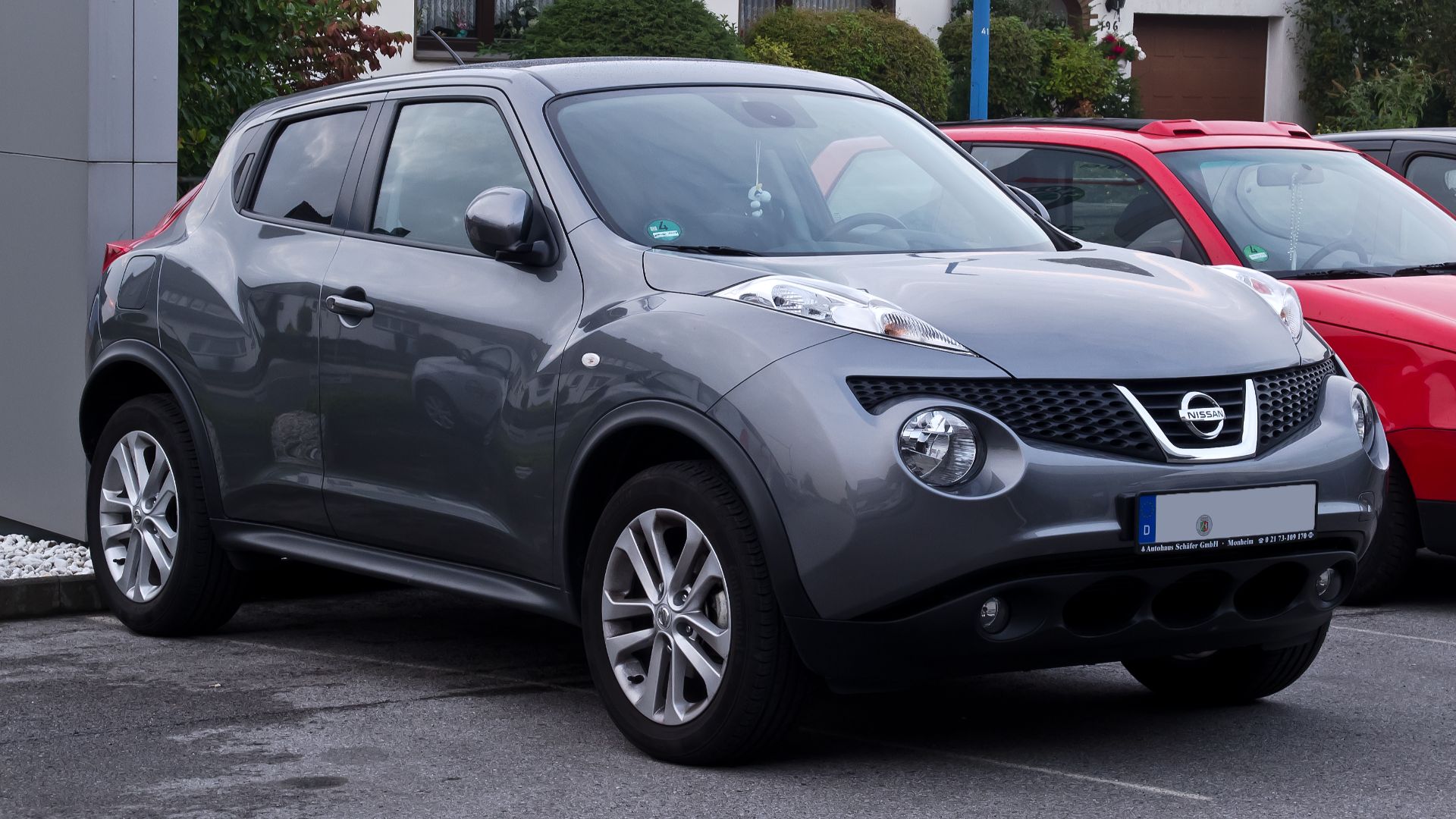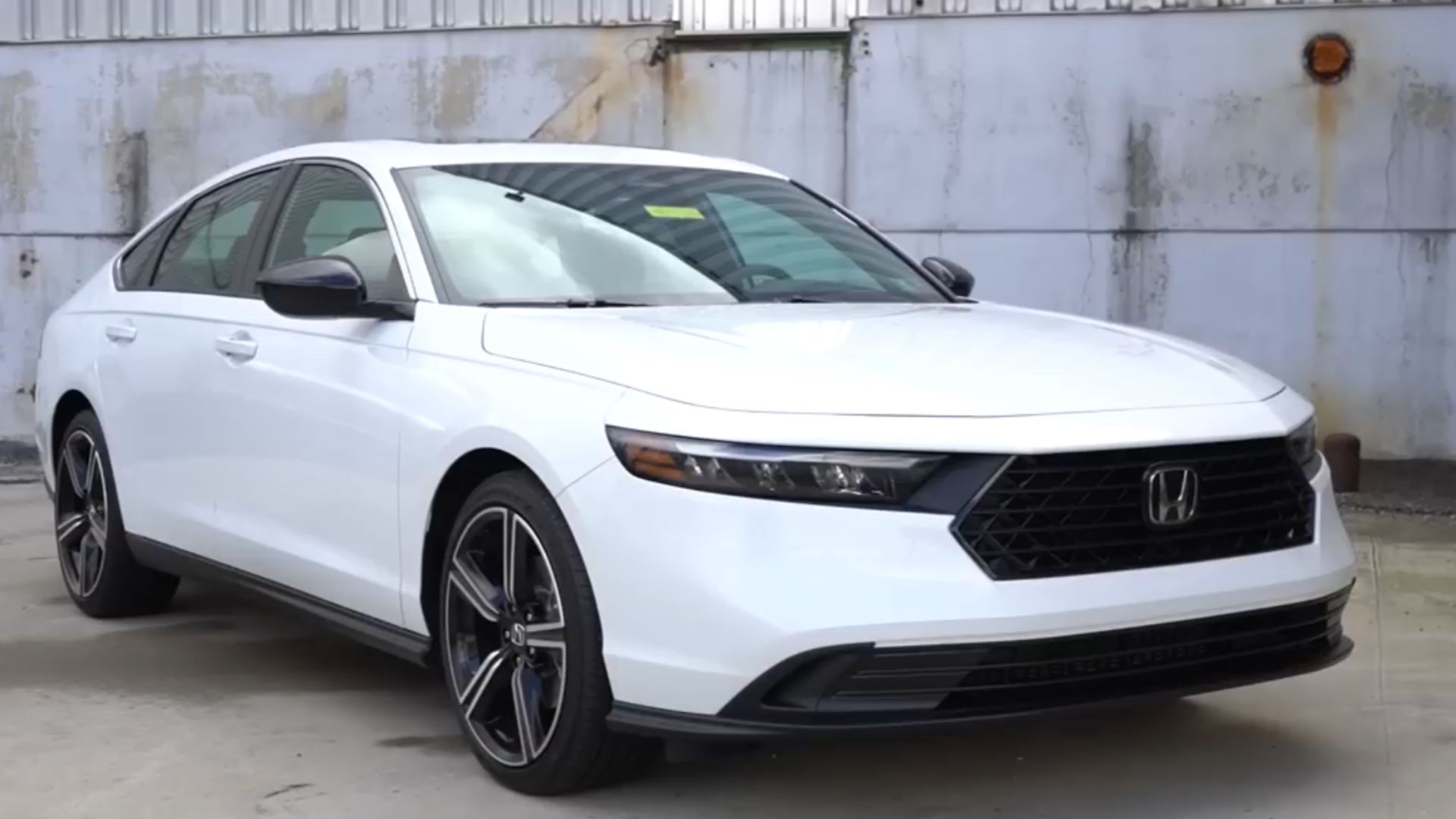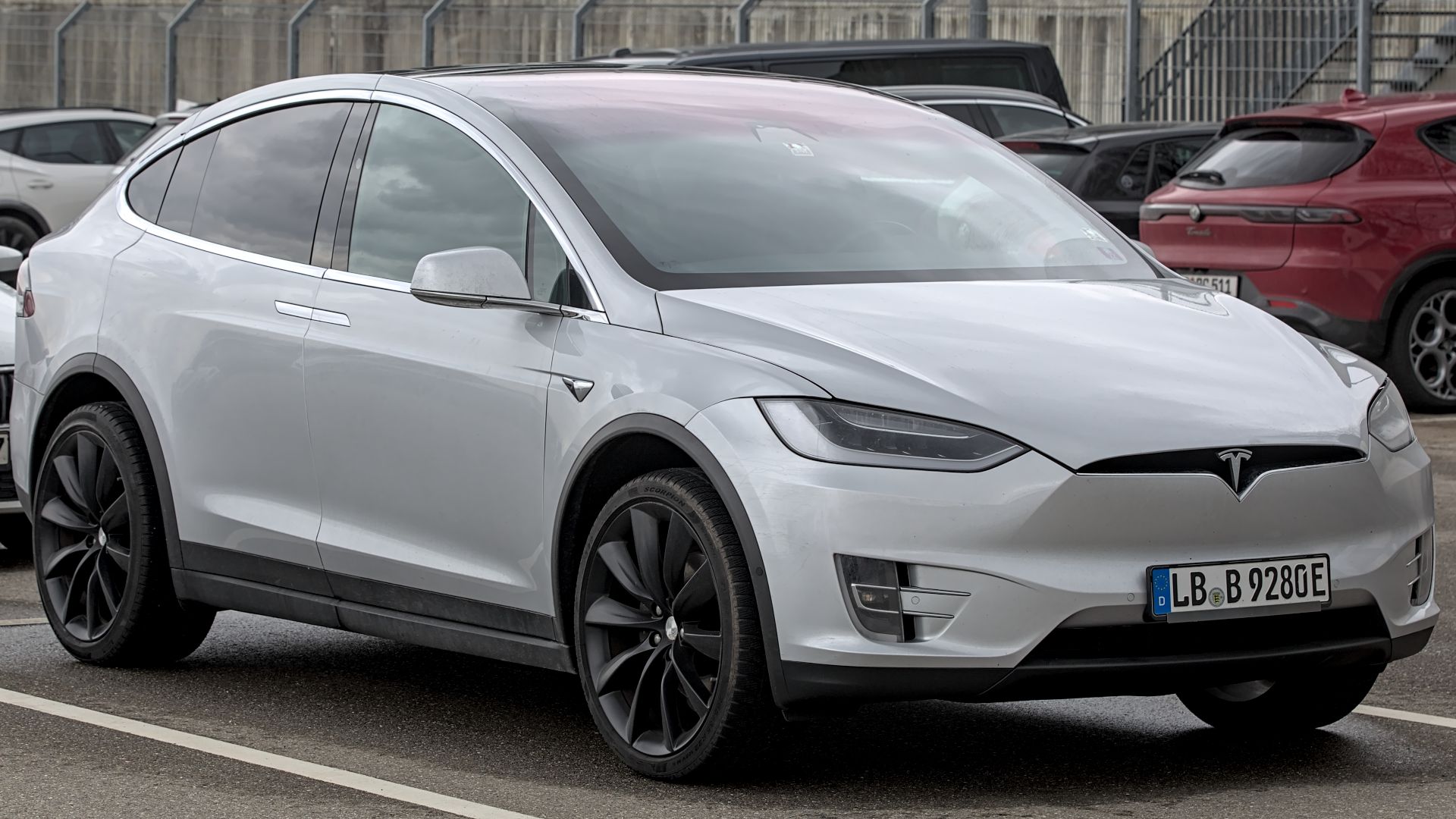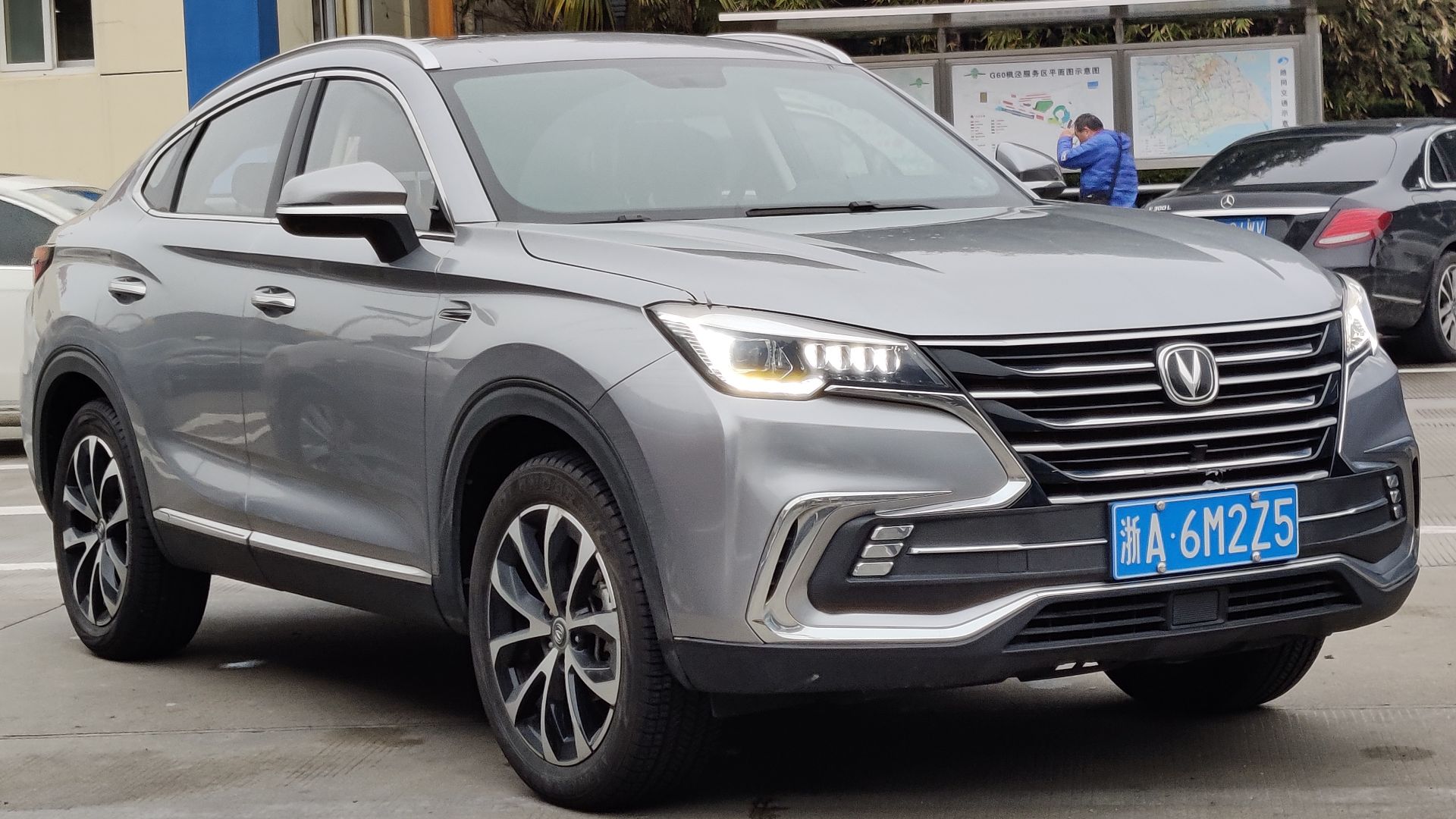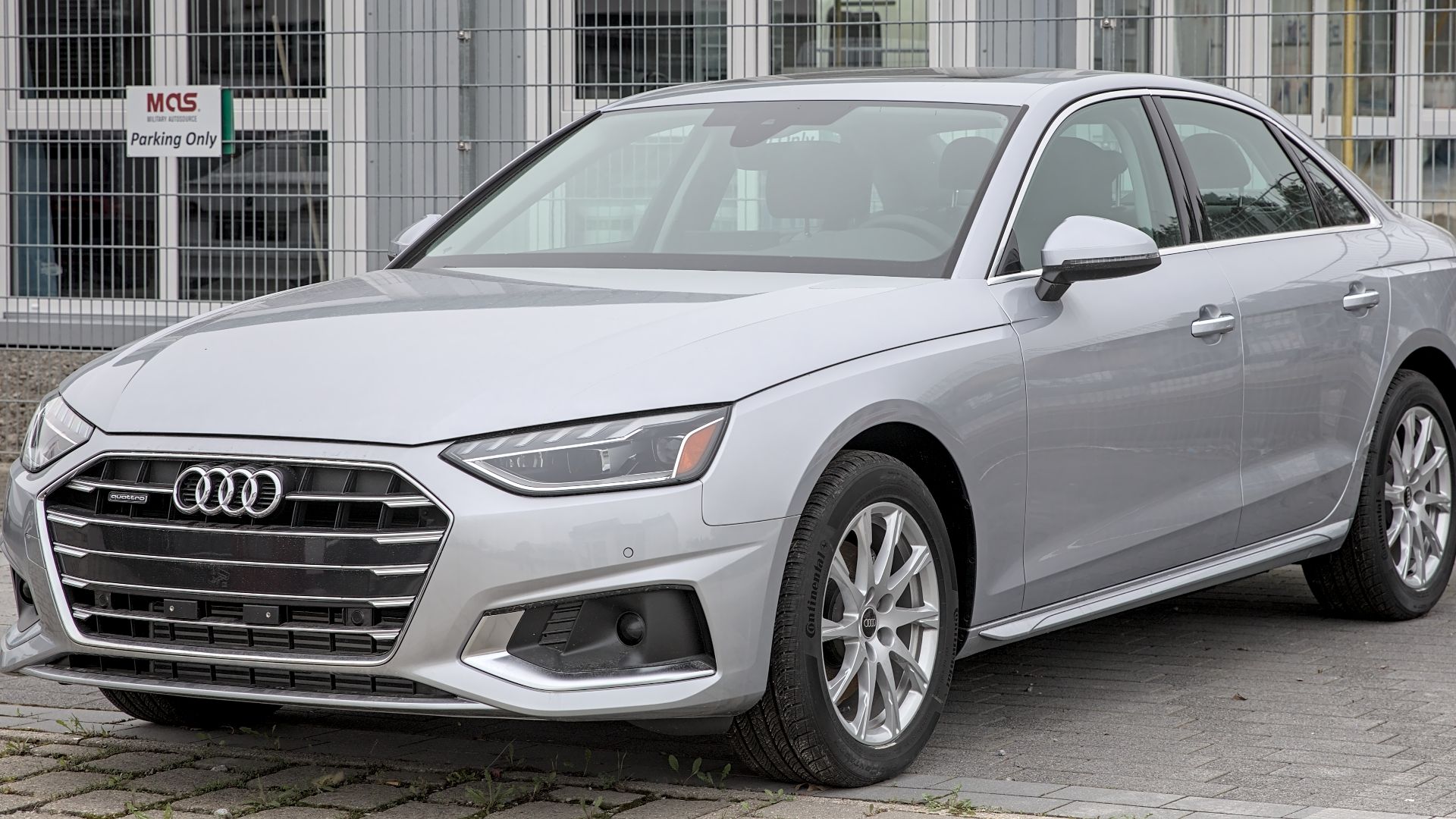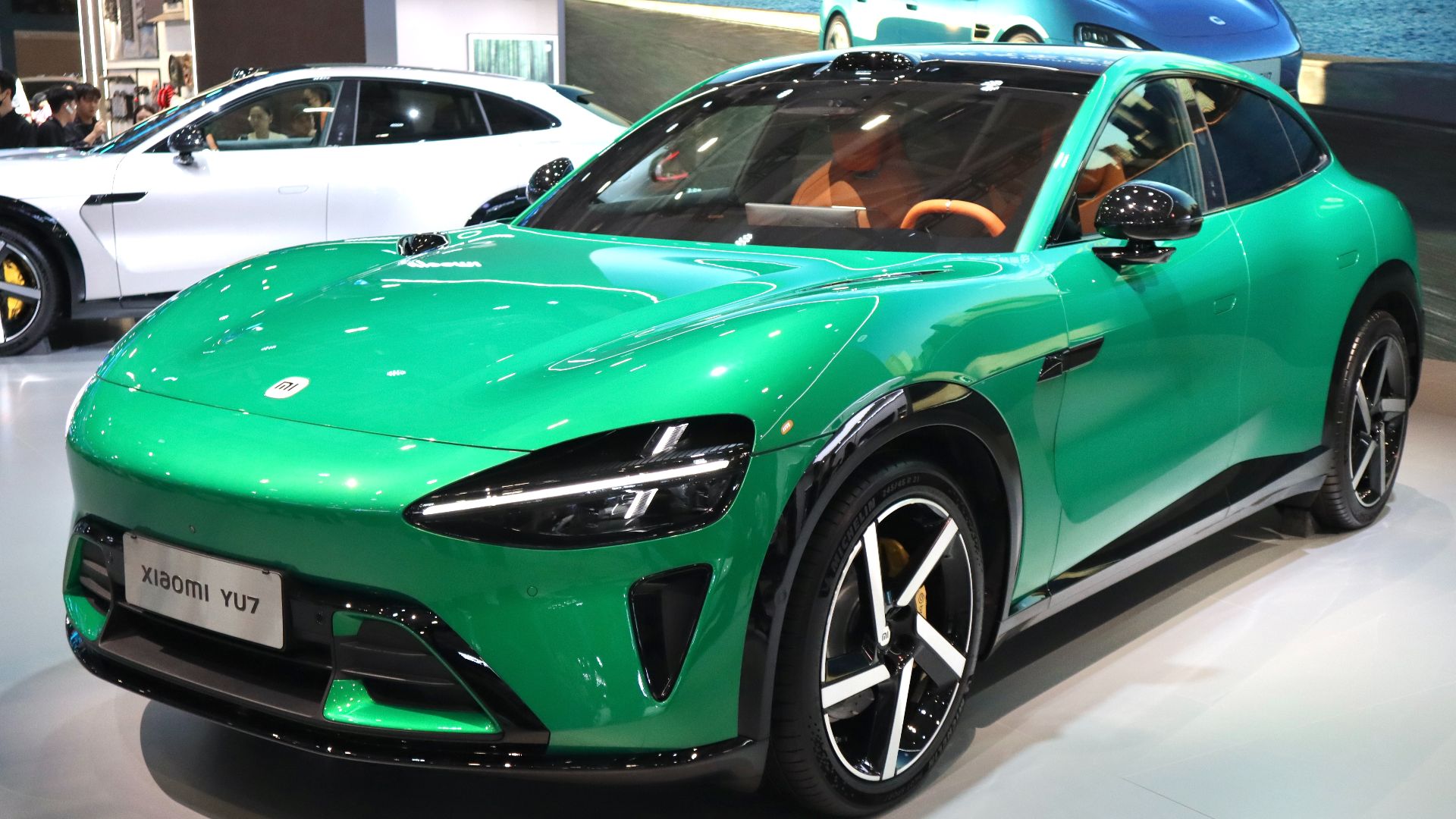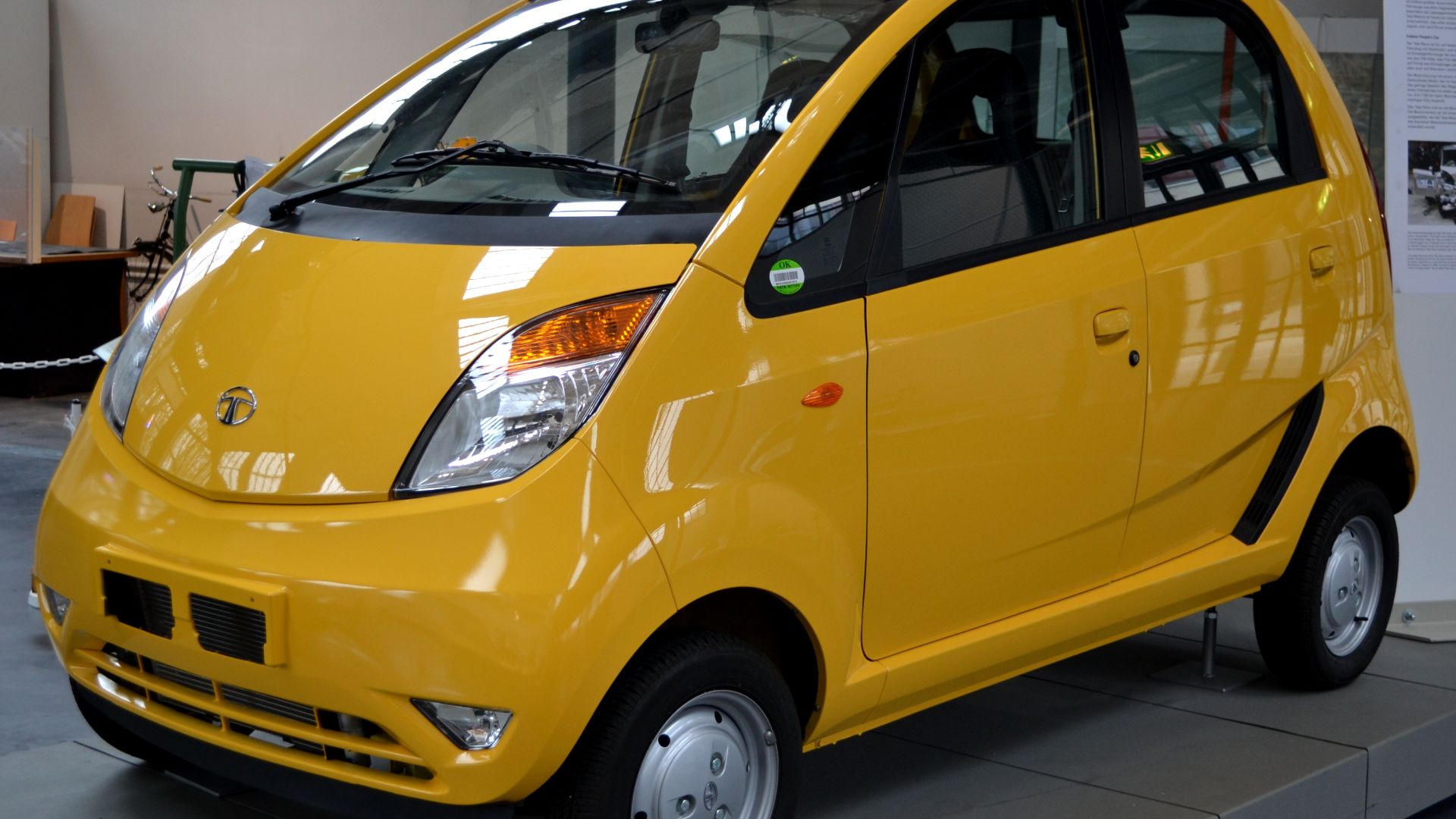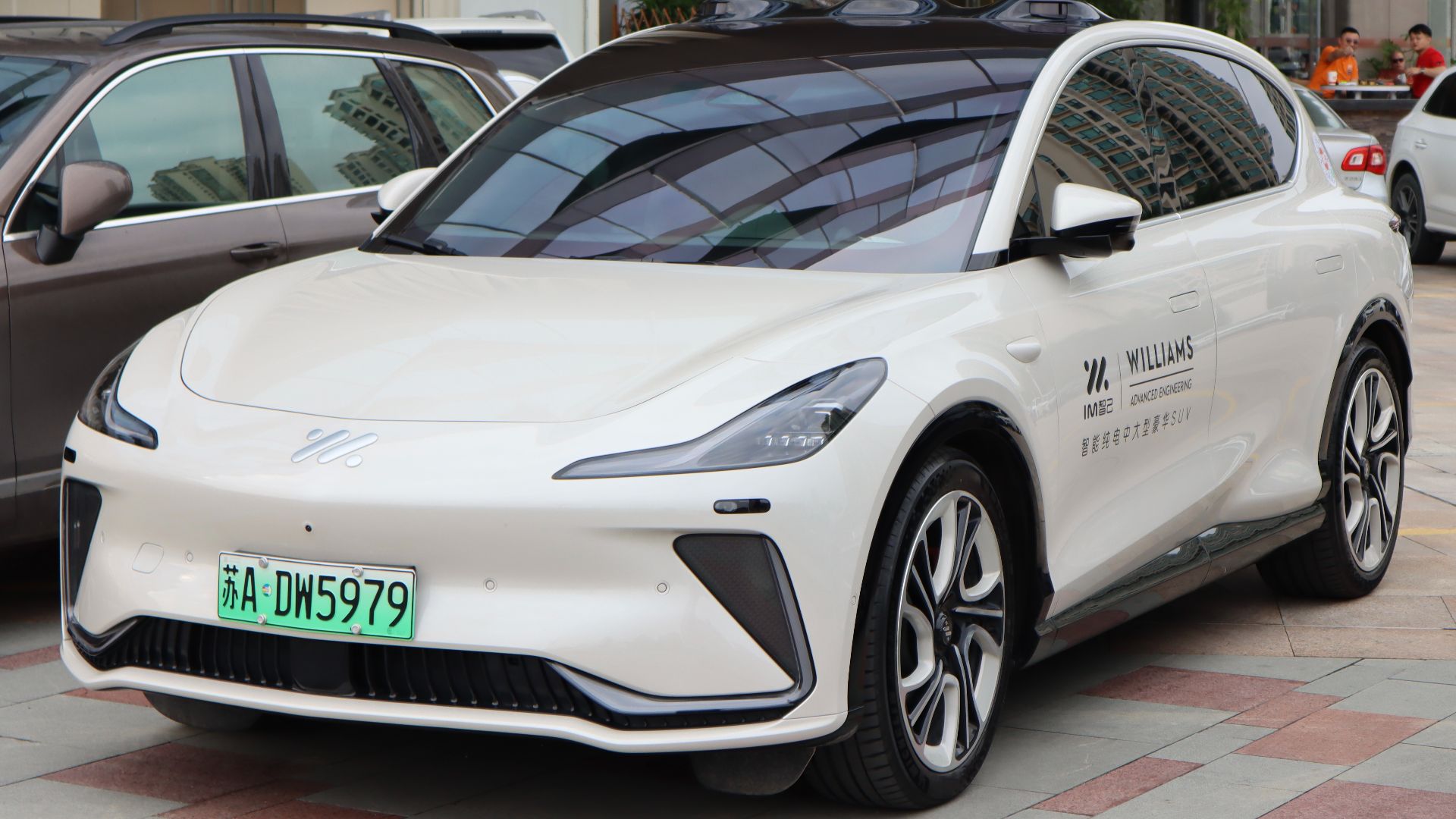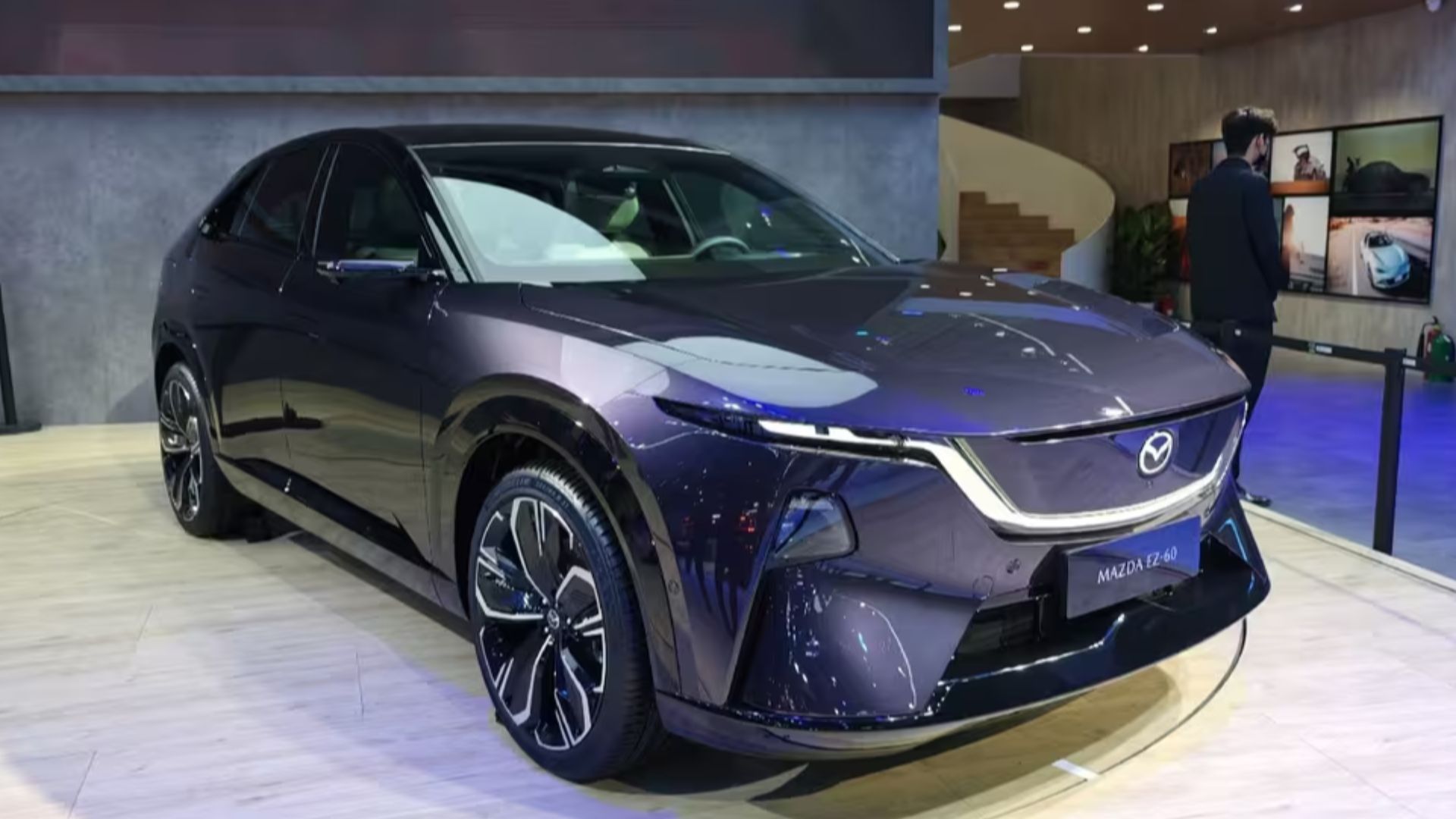Rolling Through Nations
Some automakers manage to make their name feel at home in every corner of the map. They adapt, they innovate, and they stick around for decades. Their strategies might look different on paper, but in practice, they all achieve one thing—staying relevant in markets all around the world. And that’s no small feat. So, here are 20 carmakers that have left their mark across the globe.
1. Toyota
This Japanese giant captured 11.07% of global car sales in 2023 alone, when it moved 8.57 million vehicles across continents. Toyota's international journey began in Brazil in 1962, powered by its first overseas production facility. It has never looked back since then.
2. Subaru
Customer loyalty surveys consistently place Subaru at the top for repeat buyers, especially in the U.S. market. Its signature all-wheel-drive system comes standard on most models. Domestic sales in Japan increased, driven by steady demand for models like Forester and hybrid Crosstrek.
3. General Motors
Fortune Global 500 recognition doesn't come easy, but General Motors earned its spot through sheer global scale and strategic partnerships. The American automaker operates production plants in about eight countries and holds strategic stakes in Chinese brands such as Baojun and Wuling.
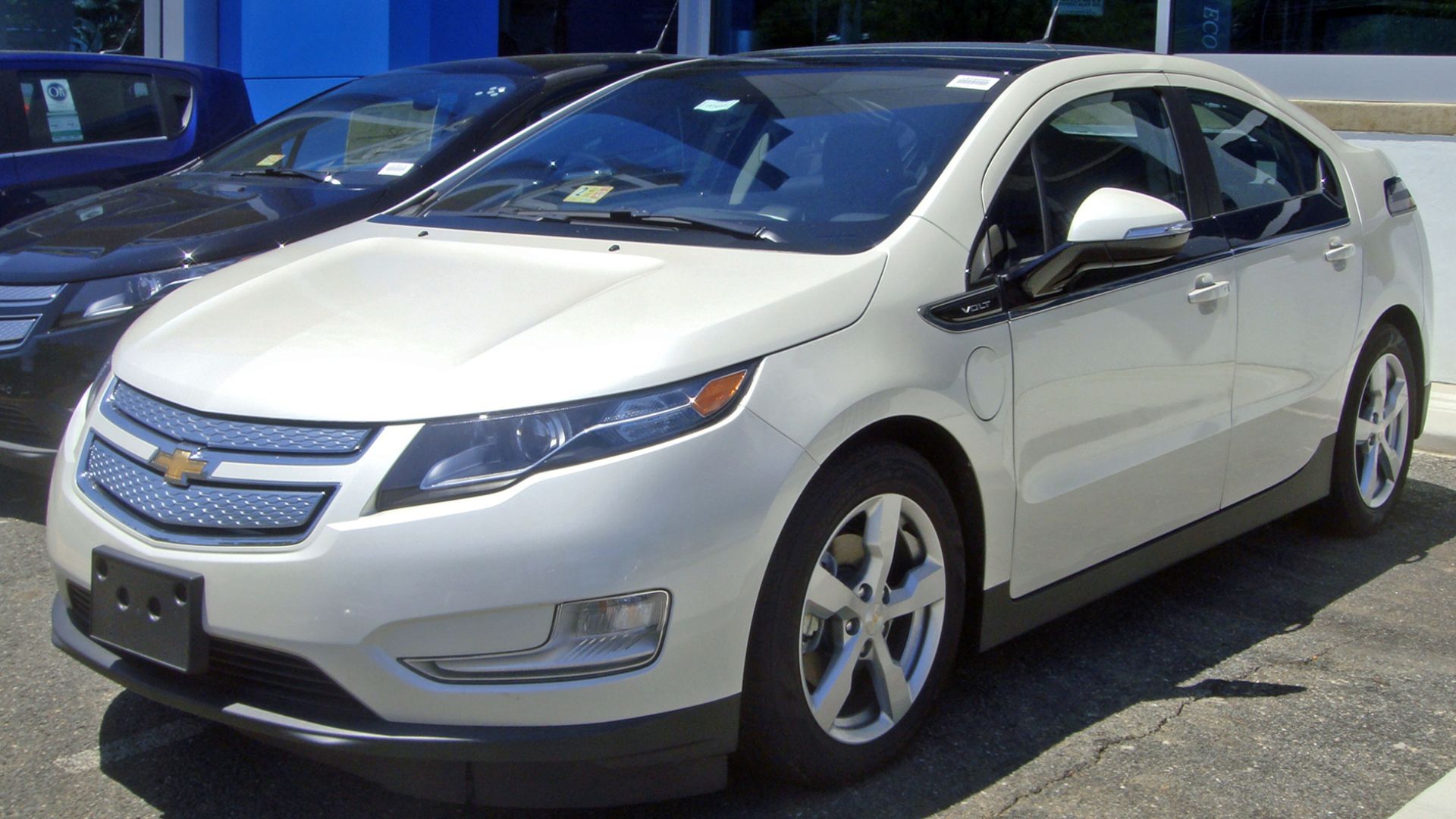 Mariordo (Mario Roberto Durán Ortiz) on Wikimedia
Mariordo (Mario Roberto Durán Ortiz) on Wikimedia
4. Ford
Financial resilience sets Ford apart from many competitors—they weathered economic storms without federal bailouts. The company produced 4.4 million vehicles in 2023, which secured its position as America's second-largest automaker. Ford's legendary GT40 dominated Le Mans from 1966 to 1969.
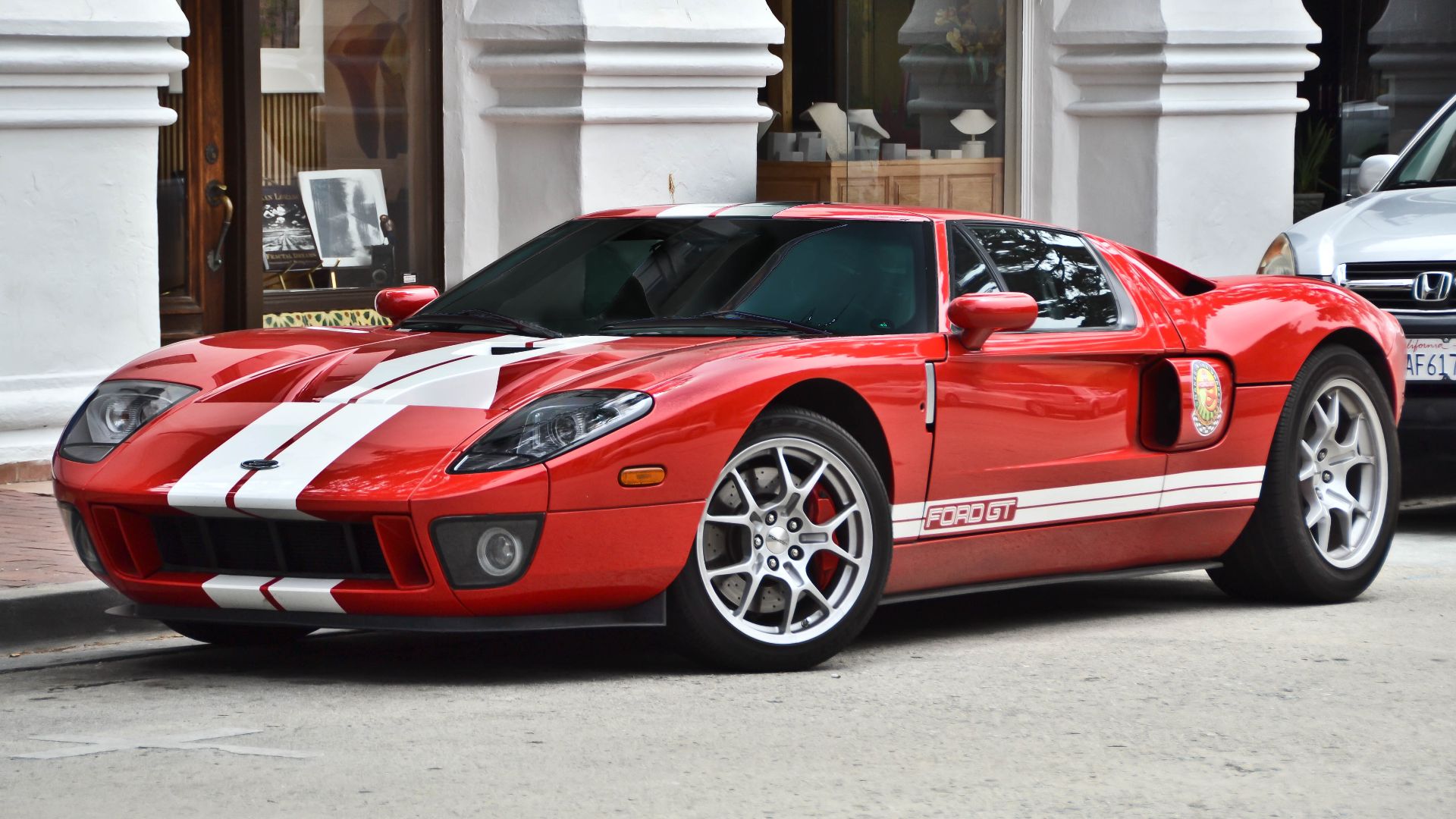 Winning Automotive Photography on Wikimedia
Winning Automotive Photography on Wikimedia
5. Hyundai Motor Company
As per sources, South Korea's Ulsan plant stands as the world's second-largest auto production facility, churning out 1.6 million units annually with impressive precision. This brand’s 33.9% stake in Kia and ownership of the luxury Genesis brand demonstrate strategic diversification.
6. Mercedes-Benz
Karl Benz created the first automobile in Germany back in 1886, and Mercedes-Benz still carries that pioneering legacy across every continent today. The company introduced airbags to mass-market vehicles during the 1980s. It set safety standards that competitors scrambled to match.
7. BYD
Ultra-fast charging technology emerged from BYD's Chinese laboratories. Originally established in January 2003 as a battery manufacturer subsidiary, the company now leads in battery technology sales. Their 2.68 million vehicles purchased in 2023 marked an explosive 47% year-over-year growth.
8. Stellantis
Diversity defines another automotive giant. Peugeot, Jeep, Ram, Citroën, Vauxhall, and Alfa Romeo all live under one multinational roof headquartered in the Netherlands. Stellantis now ranks among the largest automakers by both revenue and sales, with brands spanning Europe and North America.
9. Nissan
The Leaf changed everything when Nissan launched one of the first mass-market electric vehicles ever, years before EVs became a mainstream obsession. Through the Renault-Nissan-Mitsubishi Alliance, the Japanese manufacturer extends its presence across Europe, Asia, and the Americas with superb coordination.
10. Honda
ASIMO was Honda's bold statement that they think beyond wheels and engines. This Japanese powerhouse sold approximately 3.77 million vehicles globally in 2023, while its multinational presence spans automobile, motorcycle, and power equipment divisions. There have been recent merger talks with Mitsubishi.
11. Tesla
Geopolitical tensions and trade policies create unique challenges for this company’s global expansion. As of August 2025, Tesla's market capitalization stands at approximately $1.10 trillion. Its business model is distinct with direct sales, proprietary servicing, and a widespread charging infrastructure network.
12. Changan Automobile
Military origins rarely translate into automotive success, but Changan defied expectations after starting as a military supply company in 1862. Heavy investments in electric rides and autonomous driving technologies position them for future growth. It sells commercial and passenger vehicles, including mini EVs.
13. BMW
Aircraft engines launched BMW's engineering journey before they ever touched four wheels. This brand’s strategic focus includes a strong commitment to electric vehicles, with over 15 fully-electric models available as of mid-2025. This emphasizes its position as a leading player in the BEV market.
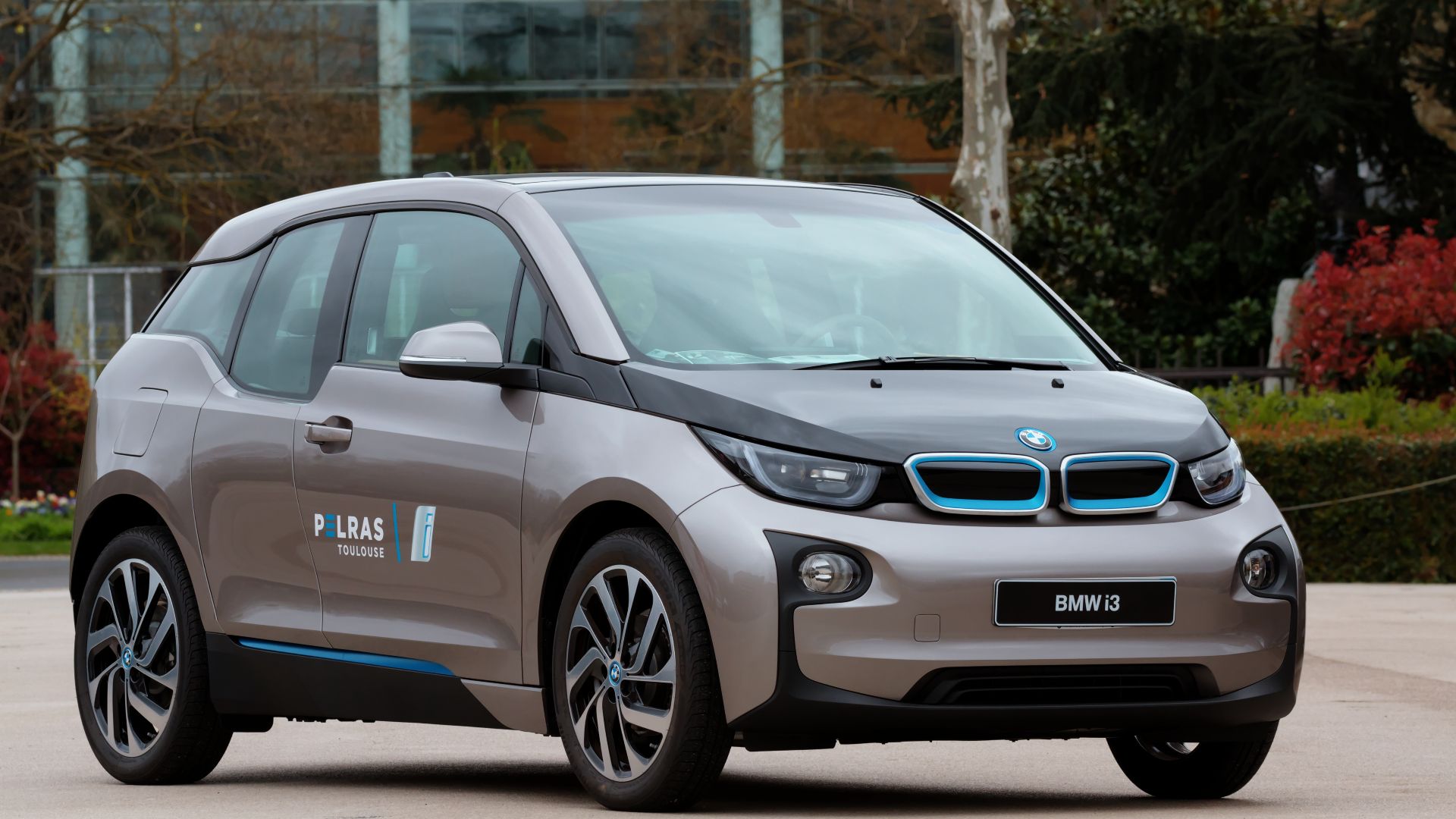 Pierre-Selim Huard on Wikimedia
Pierre-Selim Huard on Wikimedia
14. Audi
August Horch never imagined his surname would become "Audi" in Latin translation, yet that linguistic twist created one of Germany's most recognizable brands. Quattro all-wheel-drive technology has been their signature system since the 1980s, which has had a significant impact on motorsports.
15. Mahindra & Mahindra
Electric three-wheelers and small EVs for emerging markets represent Mahindra's unique global strategy, focusing on opportunities that others overlook. Their iconic Thar off-road SUV has cultivated a cult following, while diversification into tractors and commercial vehicles makes them a comprehensive mobility brand.
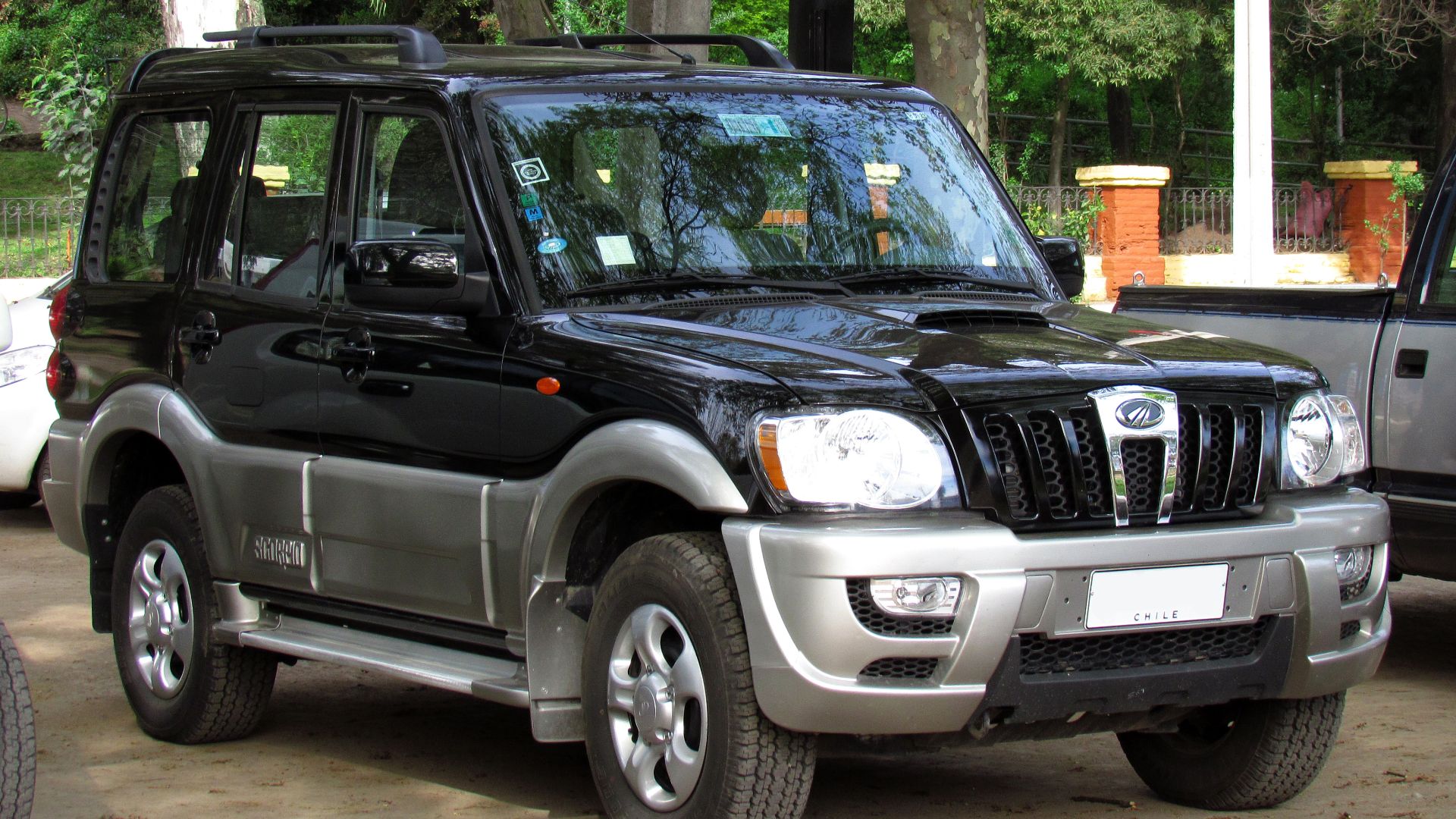 RL GNZLZ from Chile on Wikimedia
RL GNZLZ from Chile on Wikimedia
16. Xiaomi
Tech giants don't usually build cars, but Xiaomi's $10 billion EV investment proves they're serious about automotive domination. The Chinese company entered the electric vehicle market in 2021, leveraging its smartphone and IoT expertise to create seamless connected driving experiences.
17. Tata Motors
Jaguar Land Rover ownership turned Tata Motors from a regional player into a luxury international powerhouse. Vehicle assembly operations span India, the UK, South Korea, Spain, Thailand, and South Africa. The Nexon EV (2020) sold 60,000 units by the end of 2023.
18. Geely Group
A 35.4% sales increase catapulted Geely to 8th place globally by H1 2025, proving that aggressive strategy beats cautious planning. This Chinese manufacturer owns Volvo and holds a majority stake in Polestar, giving them instant access to international luxury markets.
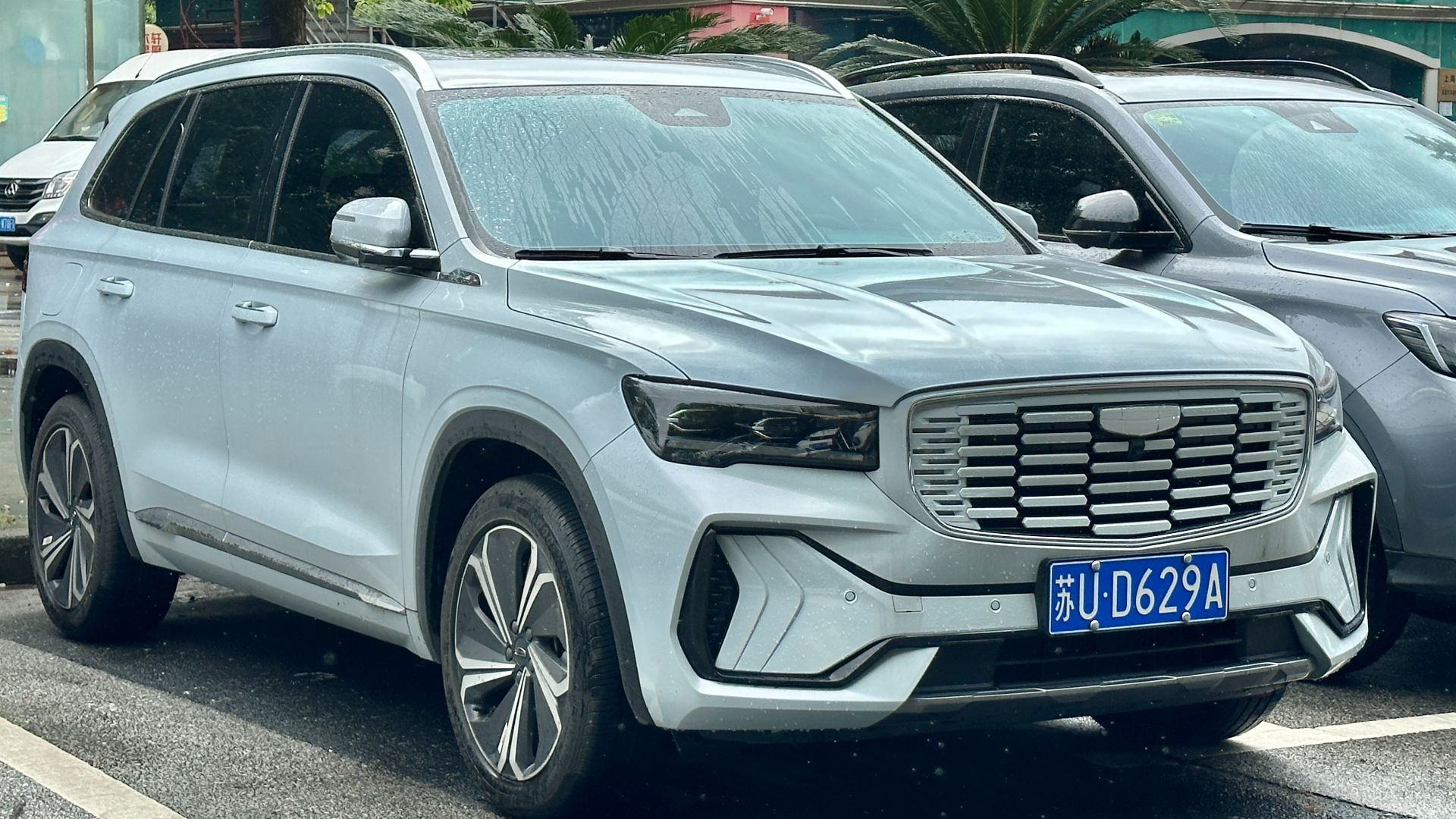 JustAnotherCarDesigner on Wikimedia
JustAnotherCarDesigner on Wikimedia
19. SAIC Motor
Revenue numbers don't lie—SAIC Motor generated approximately $106.7 billion in 2021, positioning them as a serious global automotive force. The state-owned Chinese company produces MG and Roewe brands for worldwide consumption, while its strategic partnerships craft massive joint production operations.
20. Mazda
Rotary engine technology belongs exclusively to Mazda—no other manufacturer has mastered this unique propulsion system. It is actively expanding its electrified vehicle lineup with nine electrified models planned. The all-new Mazda EZ-60 is scheduled for sale in China and other markets.


